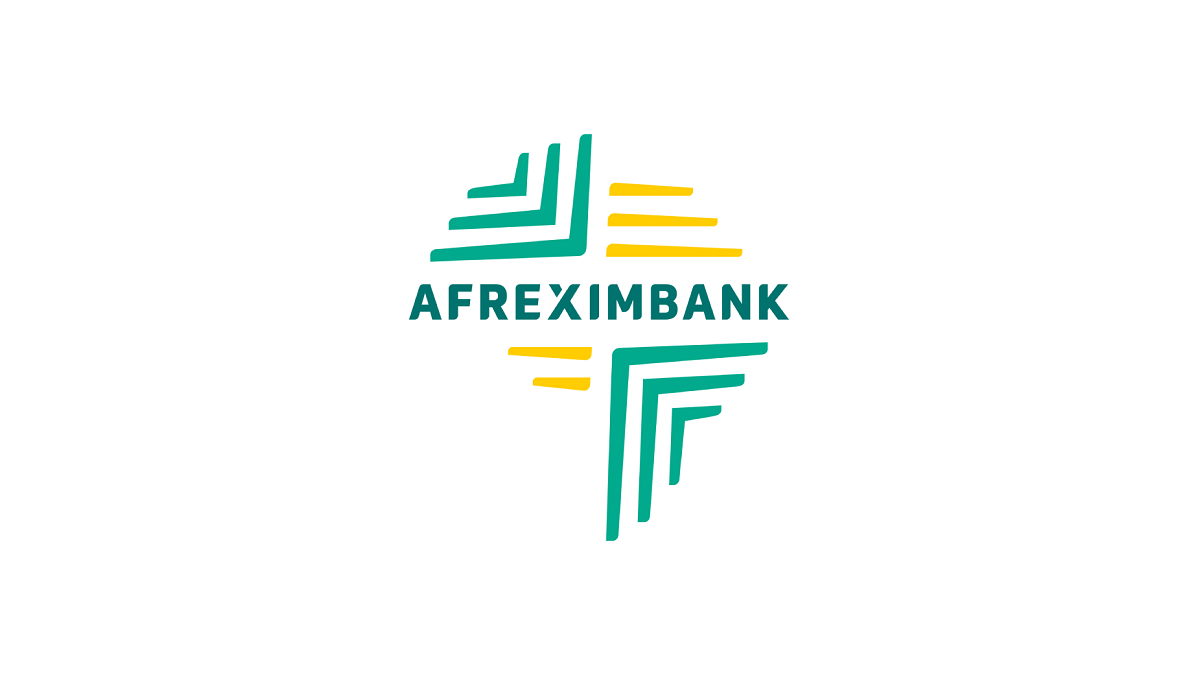AFREXIMBANK President, Benedict Oramah, says Africa’s economic progress depends on its response to unprecedented de-globalisation
Egalement disponible en Français, تتوفر أيضا في العربية
LAGOS, Nigeria, February 26, 2024/APO Group/ —
How Africa and the rest of the developing world manoeuvre the emerging challenges presented by the unprecedented de-globalisation of the world could potentially make or mar their economic progress in the years ahead, Prof. Benedict Oramah, President and Chairman of the Board of Directors of the African Export-Import Bank (Afreximbank) (www.Afreximbank.com), said on Friday.
Delivering a lecture titled “The Trade Route to Poverty Reduction in Africa in a De-globalising World” at the Eighth Biennial Lecture of the Goddy Jidenma Foundation in Lagos, Prof. Oramah noted that the world economy had changed significantly in recent years and had become more fractured and fragmented while the core pillars that supported global growth and poverty reduction had almost been dismantled.
“Indeed, the world is de-globalising at an unprecedented pace, and the implications for developing countries could be dire,” he warned.
Prof. Oramah told guests that the African Continental Free Trade Agreement (AfCFTA) provided an opportunity for Africa to take its destiny into its own hands by opening regional supply chains that would foster economic growth and development.
Citing estimates by the World Bank, the President said that the AfCFTA would lift 30 million Africans out of extreme poverty and boost the incomes of nearly 68 million others who live on less than $5.50 a day; boost Africa’s income by seven per cent to $450 billion by 2035; increase Africa’s exports by $560 billion, mostly in manufacturing; spur a 10.5-per cent wage gain for women and 9.9-per cent for men; and boost wages for both skilled and unskilled workers.
Noting that 54 countries had signed the Agreement, and 47 had ratified it, he announced that Afreximbank and the AfCFTA Secretariat had established an AfCFTA Adjustment Fund to provide compensation to eligible countries for tariff revenue losses as a result of the implementation of the AfCFTA. The adjustment fund will also provide funding to countries and businesses to enable them to adjust in an orderly manner to the new trading regime.
Indeed, the world is de-globalising at an unprecedented pace, and the implications for developing countries could be dire
Prof. Oramah argued that to avoid falling victim to the discontent that negatively impacted globalisation, the AfCFTA needed to be complemented by free movement of Africans across the continent, with the right to work, adding that to address the impediment posed by lack of access to trade and investment information, Afreximbank was offering an artificial intelligence-enabled trade information platform under the brand name Tradar Intelligence. For the same reason, the Bank was collaborating with the African Union Commission (AUC), the AfCFTA Secretariat and others to host the biennial Intra-African Trade Fair whose first three editions held since 2018 attracted over 70,000 visitors, 4,000 exhibitors and about $120 billion.
Furthermore, as a solution to the 42 fragmented payment systems across Africa, Afreximbank, in partnership with the AUC and the AfCFTA Secretariat, had launched the Pan-African Payment and Settlement System (PAPSS), which domesticates all intra-African trade payments. Afreximbank was supporting that system with a $3-billion settlement fund. By May 2024, an African currency trading platform would also be launched under the auspices of PAPSS.
“It is now becoming possible for a small farmer in Malawi to use his cell phone to purchase a Nollywood streaming movie and to pay in the Malawian Kwacha while the seller in Nigeria receives Naira,” said Prof. Oramah. “We are nearing the stage when an Egyptian can buy shares on the Nigerian Stock Exchange, paying in Egyptian Pounds.”
It was also necessary to aggressively fill the intra-African trade financing gap, estimated at over $50 billion annually, he added, saying that Afreximbank’s Intra-African Trade Division disbursed over $40 billion since 2016, with about $11 billion outstanding, accounting for about 28 per cent of the Bank’s loan portfolio.
Other interventions by Afreximbank include the launch of an African Collaborative Transit Guarantee Scheme that makes it possible to use one transit bond to cross multiple borders, thereby addressing the challenges faced by the continent’s 16 landlocked countries; support for harmonisation of trade standards through the African Regional Standards Organisation (ARSO), which has seen about 155 standards harmonised, as well as the establishment of the Africa Quality Assurance Centre (AQAC), an indirect subsidiary of the Bank, which was developing testing, inspection, and certification centres in countries where quality infrastructure was weak.
The Bank was also supporting the emergence of export trading companies (ETCs) across Africa to act as aggregators in order to create a sizeable volume of trade to attract greater value and withstand competition, he said. Since SMEs in Africa and other developing regions that participate directly in global trade must compete with multinationals and significantly large corporates, they are left with marginal, if not zero, chances of success or survival, he explained.
The biennial Goddy Jidenma Lecture is held to honour the memory of Goddy Jidenma, a leading Nigerian architect who died in 2006.
Previous speakers have included Prof. Ali Mazrui, an internationally celebrated African political scientist, Prof. Elaigwu, President of the Institute of Governance and Social Research, Jos, Nigeria, Prof. Pat Utomi, Founder and CEO of the Center for Values in Leadership, Prof. Kingsley Moghalu, a former Nigerian presidential candidate, Prof. P.L.O. Lumumba, a notable Pan-Africanist, and Prof. Attahiru Jega, a former Chairman of Nigeria’s Independent National Electoral Commission.
Distributed by APO Group on behalf of Afreximbank.


 Business4 days ago
Business4 days ago
 Business3 days ago
Business3 days ago
 Business4 days ago
Business4 days ago
 Events3 days ago
Events3 days ago
 Business4 days ago
Business4 days ago
 Energy3 days ago
Energy3 days ago
 Energy2 days ago
Energy2 days ago
 Business4 days ago
Business4 days ago













